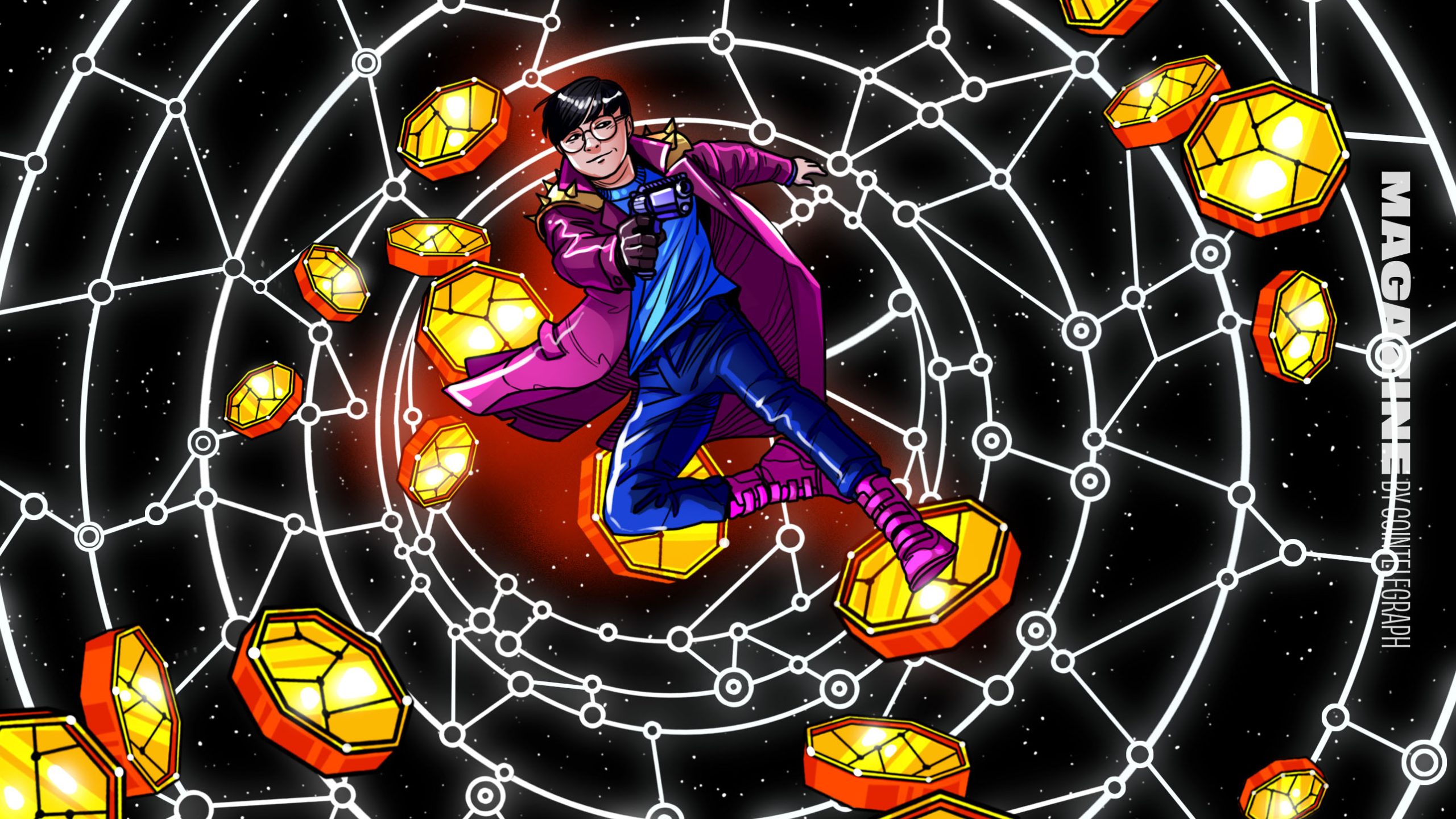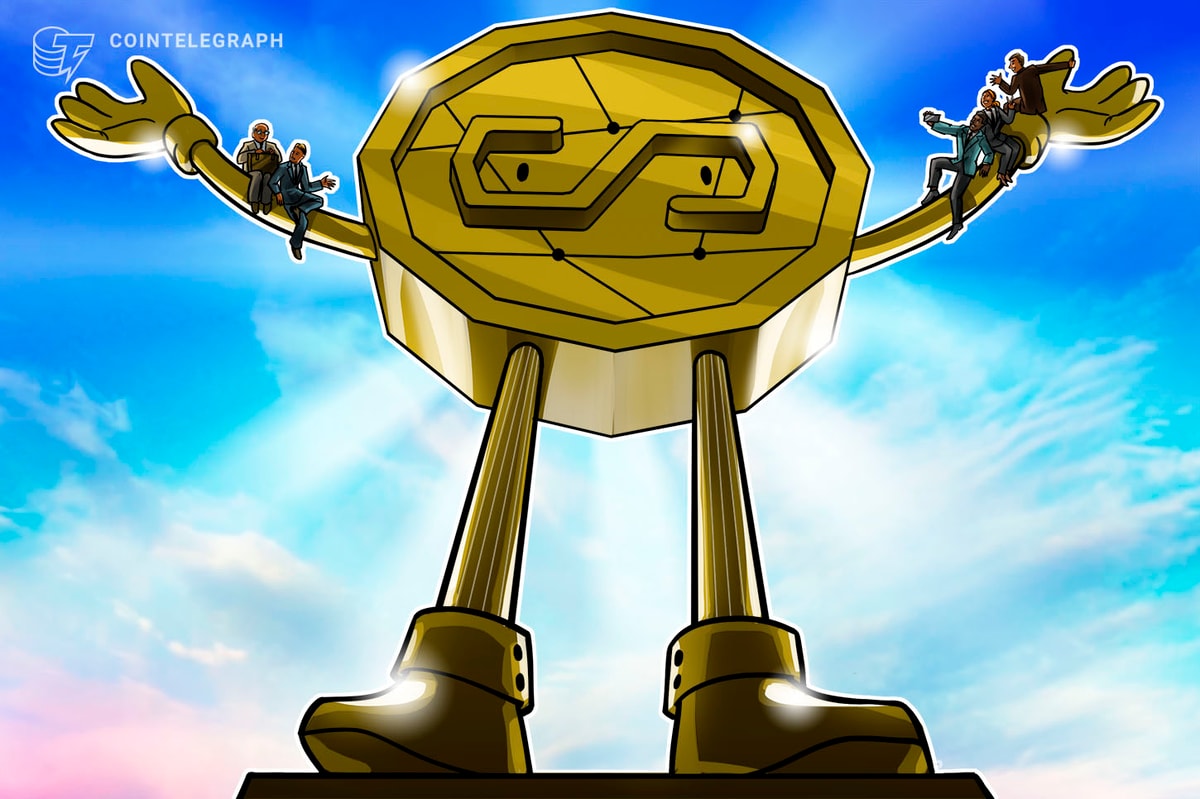By Yuvraj K Sharma
As a student, I thought my education would be over once I left school. However, I soon realised that learning is a constant journey that never stops. Did you Know? Soft skills are ranked higher as a priority by all renowned hiring managers and educational institutions when selecting new employees or candidates. As a result, today, employers seek candidates with transferable soft skills like communication, leadership, critical thinking, problem-solving, and time management.
Collaborating effectively with others and identifying real-world solutions is an invaluable skill set in today’s educational and professional ecosystems. Today more than ever, there is a need for educational environments that offer soft skill development programs that can provide learners with the opportunity to develop essential soft skills.
It’s crucial to understand how 3D virtual learning tools can be used as educational tools to ensure learners get the most out of their learning experience. An immersive educational metaverse setting offers learners a hands-on learning experience with real-world materials. Imagine, if students don’t learn how to work together and communicate effectively in school, how will they develop these skills later on? Well, most learners know how essential these skills are. Still, they sometimes need to learn how to develop them effectively, which will benefit them later when they enter the workforce or start their businesses as entrepreneurs.
The advent and rise of children learning and interacting with technology have made soft skills increasingly vital. A student who can communicate effectively and collaborate with others in a team will learn faster, pay more attention, and feel more engaged in a 3D virtual learning environment. An effective and interactive 3D educational Metaverse platform provides interactive learning experiences using a virtual reality environment. Learners learn how to work with others by engaging in collaborative learning activities where each participant has a unique role based on their strengths and abilities.
Today, the focus of an effective ed-tech virtual learning platform has shifted to more personalized learning approaches, where the educational environment adapts to the learner’s needs. The learning experience for learners through a 3D educational metaverse platform that is immersive, engaging, and interactive. Learners explore novel concepts and ideas through virtual simulations, field trips, and labs. With practice, learners become accustomed to dealing with obstacles and solving problems in a realistic environment where they can try different things before making decisions.
Entering a classroom in a metaverse opens up a new realm of possibilities for learners. By using these technologies—whether through a video game, simulation program, or even by taking advantage of the newest advances in virtual education—learners can gain valuable experience with concepts like collaboration and agility.
Therefore, to summarise by leveraging this technology, learners can be engaged in activities that will help them develop their few critical skills, which include:
Communication Skills: Communication is a crucial component of any relationship or interaction. Learning in a metaverse platform helps learners to communicate effectively by practicing public speaking skills in front of an audience without being judged by others in real-time scenarios and situations. Learners can use three-dimensional educational metaverse to develop their communication skills with the help of simulations involving real people or animated characters. In addition, they can practice active listening techniques by taking turns while talking with each other or asking questions about what others have said. This helps learners improve their speaking skills, allowing them to practice them continuously until it becomes second nature.
Furthermore, learners can be given the opportunity to build confidence by remaining anonymous throughout the simulation. Anonymity, through appearance and also voice masking, allows for improving professional skills without judgment from others in the same setting.
Management and Leadership Skills: Soft skills are critical for leadership positions in any field, so learners must develop them early. Metaverse allows them to train themselves in the most effective ways to lead teams and manage projects effectively. This is done by immersing themselves in scenarios where they’ll be required to take charge of various situations. Training staff for soft skills, such as communication, leadership, listening, and empathy is hard to achieve and also measure. The metaverse facilitates this by immersing learners in real-world conflicts and allows them to practice their soft skills in a safe environment, for example, by having sensitive or difficult conversations with employees or customers.
Analytical Thinking and Problem-Solving Skills: Learners learn how to analyze information to make decisions. They also develop an understanding of how to break down complex problems into smaller parts that are easier to solve. Critical thinking involves analyzing information logically, objectively, rationally, and systematically to draw conclusions or solve problems. Critical thinkers ask questions like “What is this?” “Why did it happen?” “What else might happen?” “Why do we need this?”
The only skill that will be relevant in the 21st century is learning new and relevant skills. Hence, learning in a metaverse will help learners to learn, implement and test their soft skills through technological advancements. As a result, developing soft skills in the new digital age has become paramount to a company’s success and individuals. Soft skills, when done right, help your resume shine and make an excellent first impression during an interview. Moreover, building solid networks will improve a learner’s chances of confidently getting ahead.
The author of this article is co-founder, Edverse, Views expressed are personal.
Read More: news.google.com









 Bitcoin
Bitcoin  Ethereum
Ethereum  Tether
Tether  XRP
XRP  Solana
Solana  USDC
USDC  Dogecoin
Dogecoin  Cardano
Cardano  TRON
TRON  Lido Staked Ether
Lido Staked Ether  Wrapped Bitcoin
Wrapped Bitcoin  Sui
Sui  Chainlink
Chainlink  Wrapped stETH
Wrapped stETH  Avalanche
Avalanche  Stellar
Stellar  Shiba Inu
Shiba Inu  Hedera
Hedera  Hyperliquid
Hyperliquid  LEO Token
LEO Token  Toncoin
Toncoin  Bitcoin Cash
Bitcoin Cash  Litecoin
Litecoin  Polkadot
Polkadot  USDS
USDS  WETH
WETH  Monero
Monero  Pi Network
Pi Network  Wrapped eETH
Wrapped eETH  Pepe
Pepe  Bitget Token
Bitget Token  Binance Bridged USDT (BNB Smart Chain)
Binance Bridged USDT (BNB Smart Chain)  Ethena USDe
Ethena USDe  Coinbase Wrapped BTC
Coinbase Wrapped BTC  WhiteBIT Coin
WhiteBIT Coin  Uniswap
Uniswap  Bittensor
Bittensor  Dai
Dai  NEAR Protocol
NEAR Protocol  Aptos
Aptos  Aave
Aave  OKB
OKB  Ondo
Ondo  Jito Staked SOL
Jito Staked SOL  Ethereum Classic
Ethereum Classic  Internet Computer
Internet Computer  Tokenize Xchange
Tokenize Xchange  BlackRock USD Institutional Digital Liquidity Fund
BlackRock USD Institutional Digital Liquidity Fund